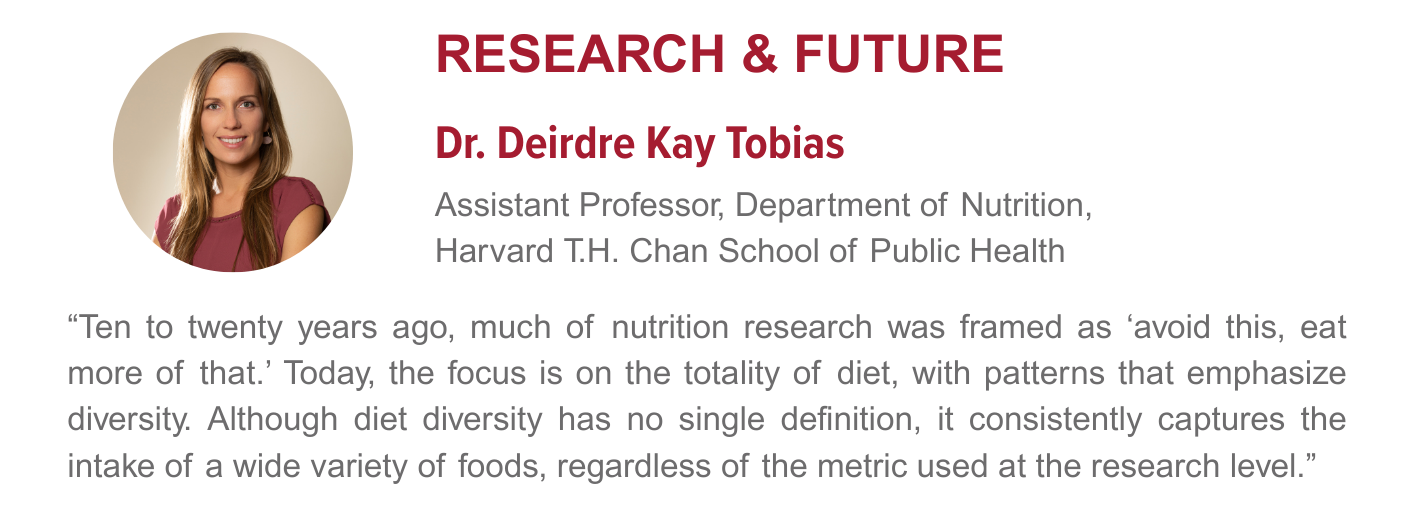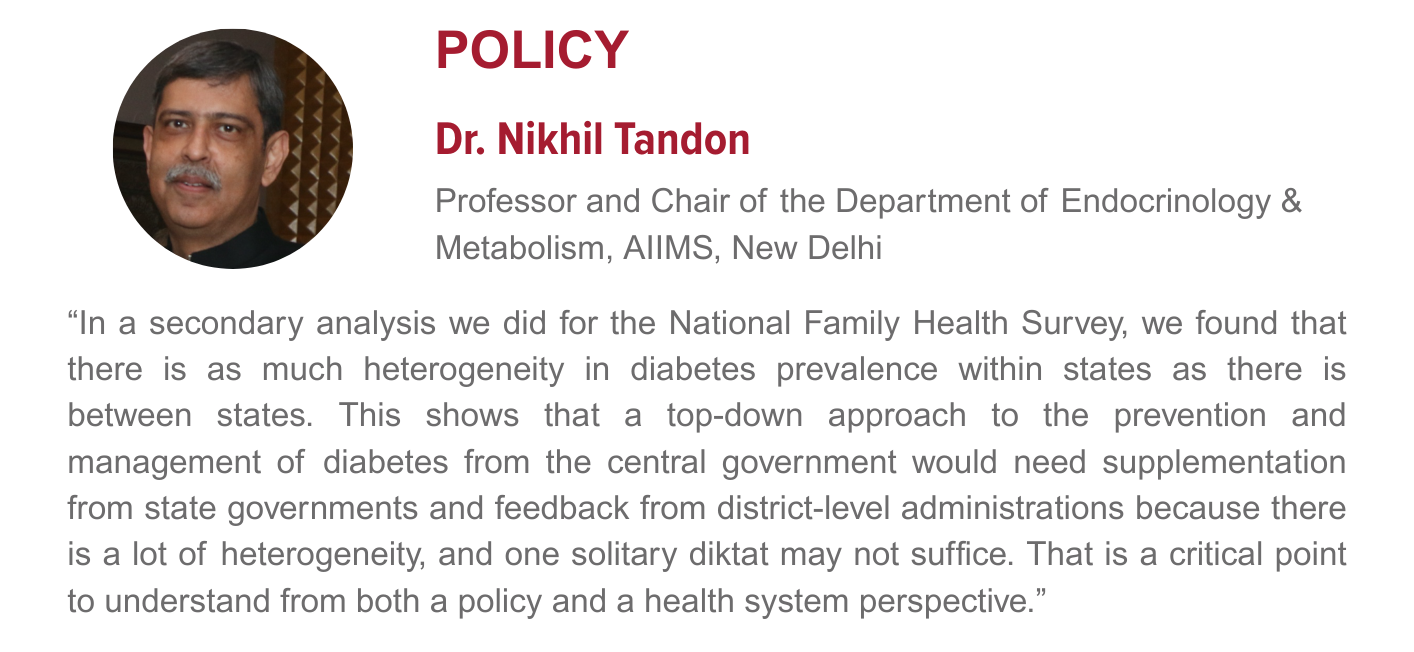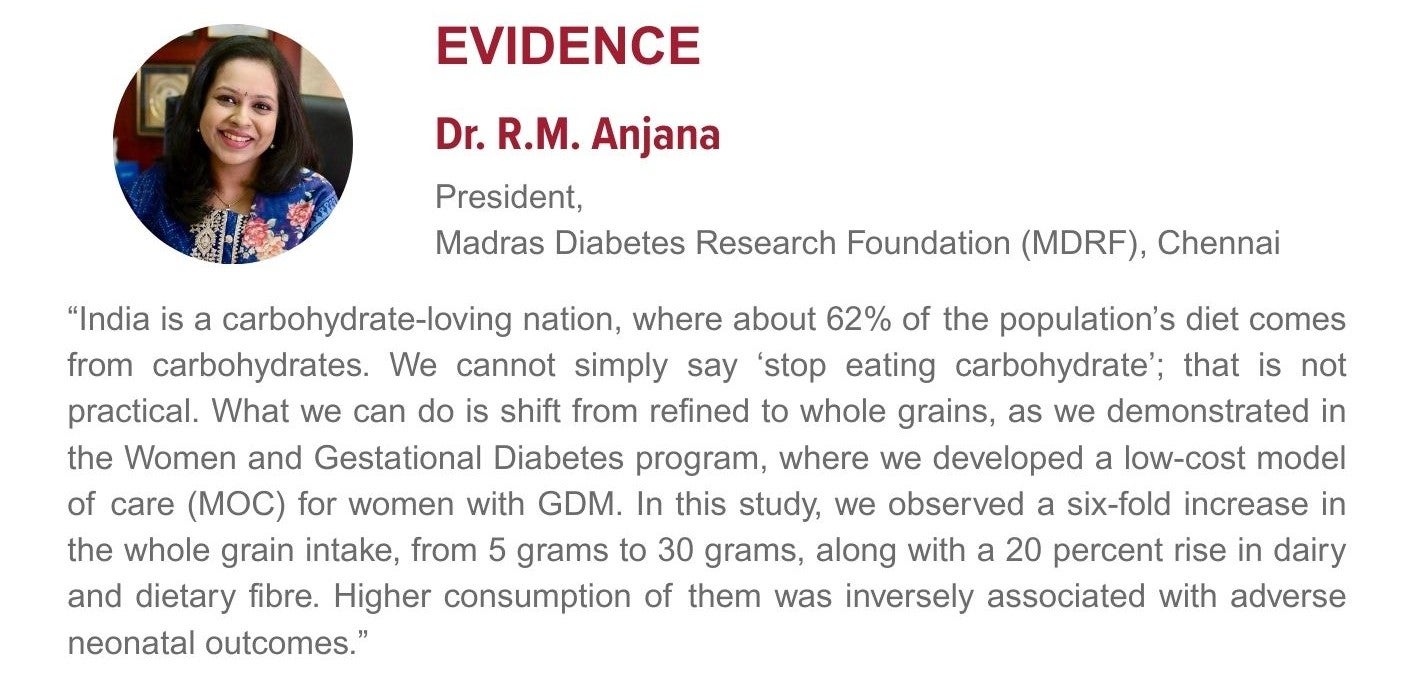India Research Center
The India Research Center, based in Mumbai, serves as a hub for Harvard Chan School’s research projects, educational programs, and knowledge translation and communication work across India.
Dextrus, 6th floor,
Peninsula Towers,
Peninsula Corporate Park,
Lower Parel, Mumbai 400013
India
Beyond Calories: Rethinking Diets for a Diabetes-Free Future
July 2025
Harvard T.H. Chan School of Public Health – India Research Center and KIIT School of Public Health recently hosted a webinar “Beyond Calories: Rethinking Diets for a Diabetes-Free Future” on July 15, 2025.
This marked the launch of the second session in our webinar series, “The Impact of Diets on Non-Communicable Diseases: Evidence and the Next Steps,” aimed at strengthening public health responses in India.
The discussion began with opening remarks and context setting by Dr. Swati Bakshi, Deputy Director, Harvard Chan India Research Center. This was followed by a panel discussion featuring esteemed experts and thought leaders in the field:
- Dr. Nikhil Tandon, Professor and Chair of the Department of Endocrinology & Metabolism, AIIMS (All India Institute of Medical Sciences, New Delhi), India
- Dr. Deirdre Tobias, Assistant Professor, Department of Nutrition, Harvard T.H. Chan School of Public Health
- Dr. Anjana Ranjit Mohan, President, Madras Diabetes Research Foundation (MDRF) and Managing Director, Dr. Mohan’s Diabetes Specialities Centre, Chennai, India
The panel was moderated by Dr. Elezebeth Mathews, Assistant Professor, Department of Public Health and Community Medicine, Central University of Kerala, India. The discussion concluded with closing remarks by Dr. Ramya Pinnamaneni, Director, School of Public Health, KIIT-DU.
The discussion focused on the rising burden of diabetes in India, highlighting how maternal nutrition, gestational diabetes, and broader socio-cultural determinants shape long-term risk. Speakers examined the role of policy frameworks, artificial intelligence, and food systems in influencing dietary behavior. The session underscored the need for enhanced regulatory frameworks, dietary surveillance mechanisms, and evidence-based public health interventions.


